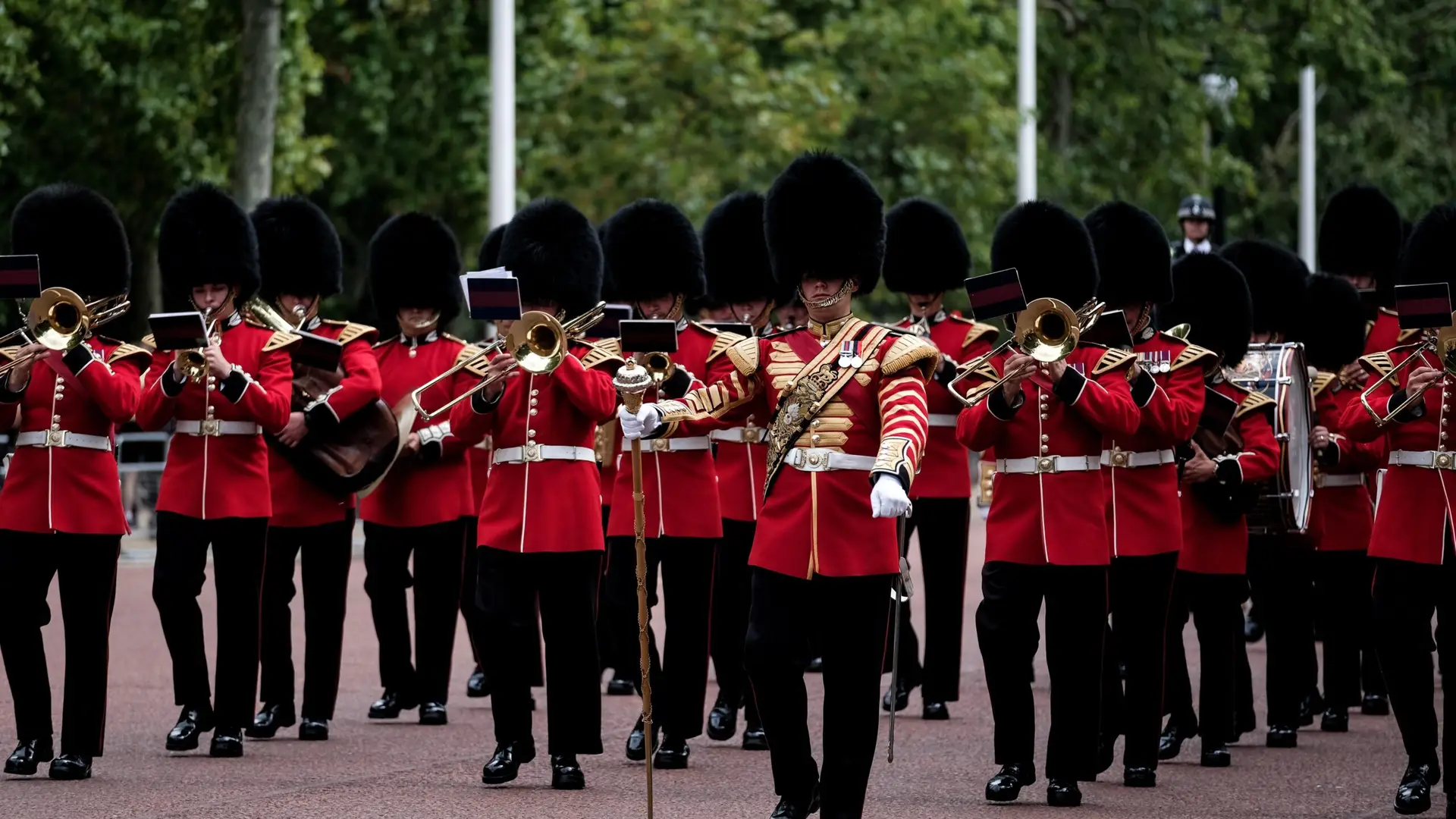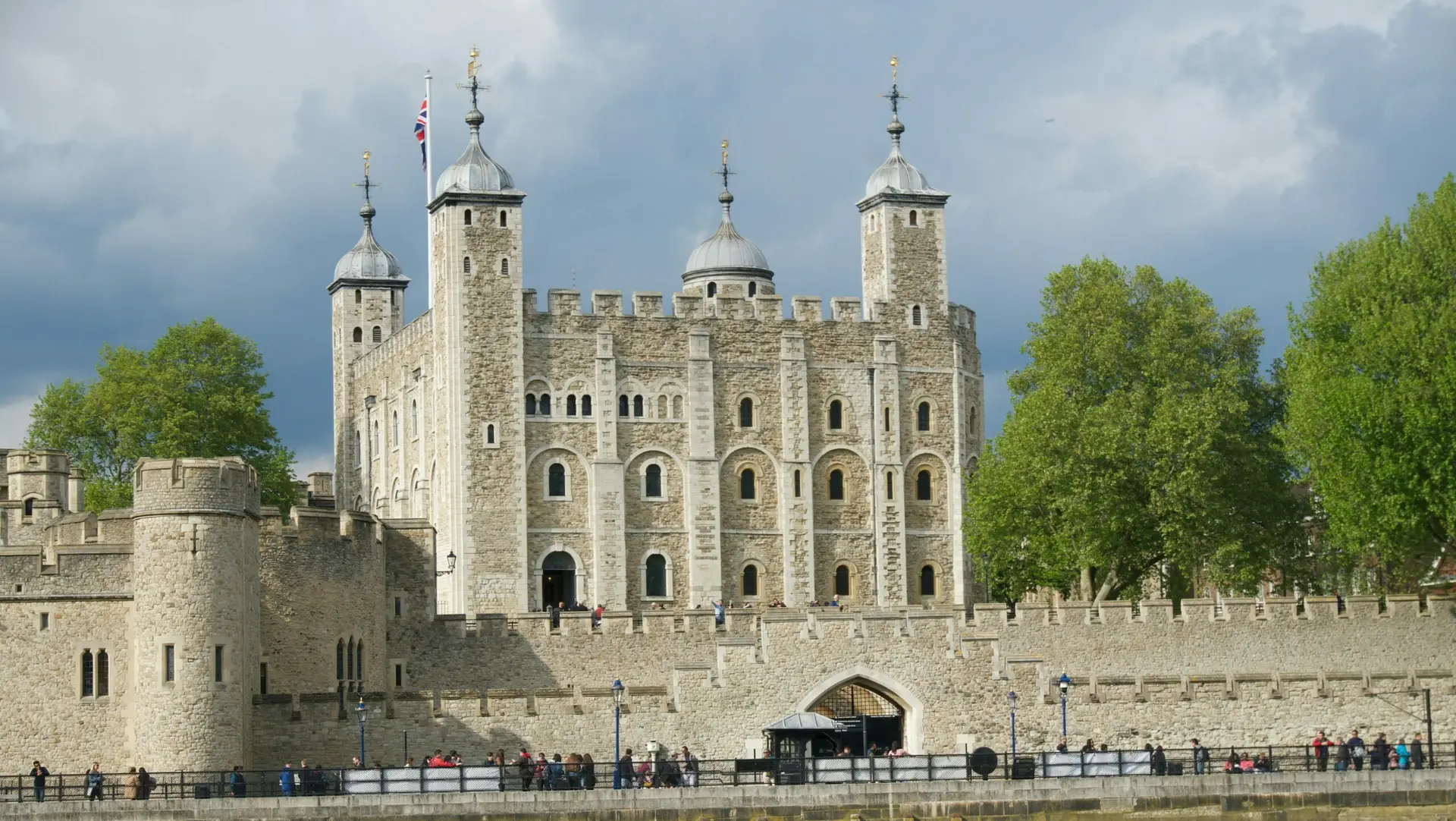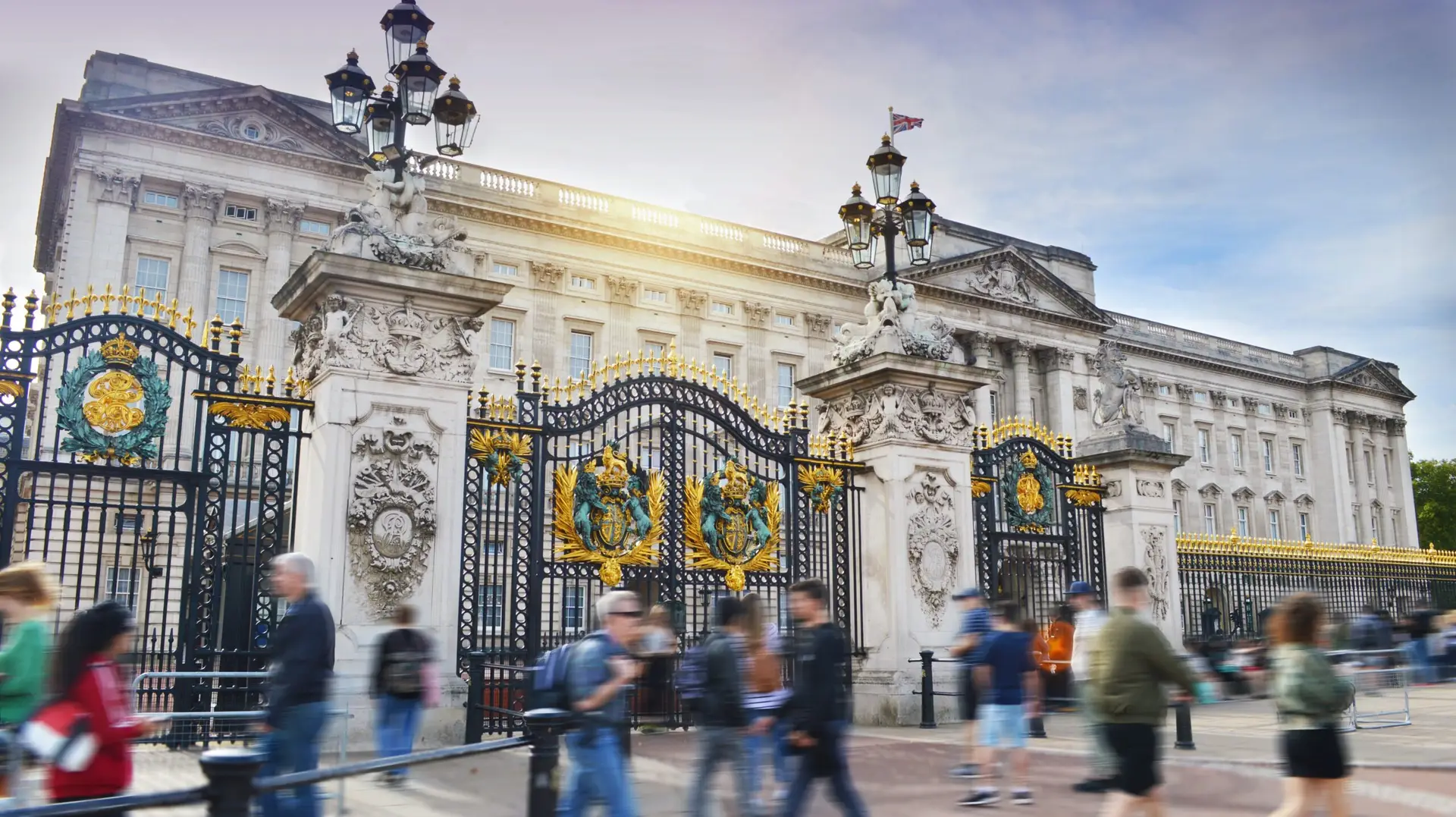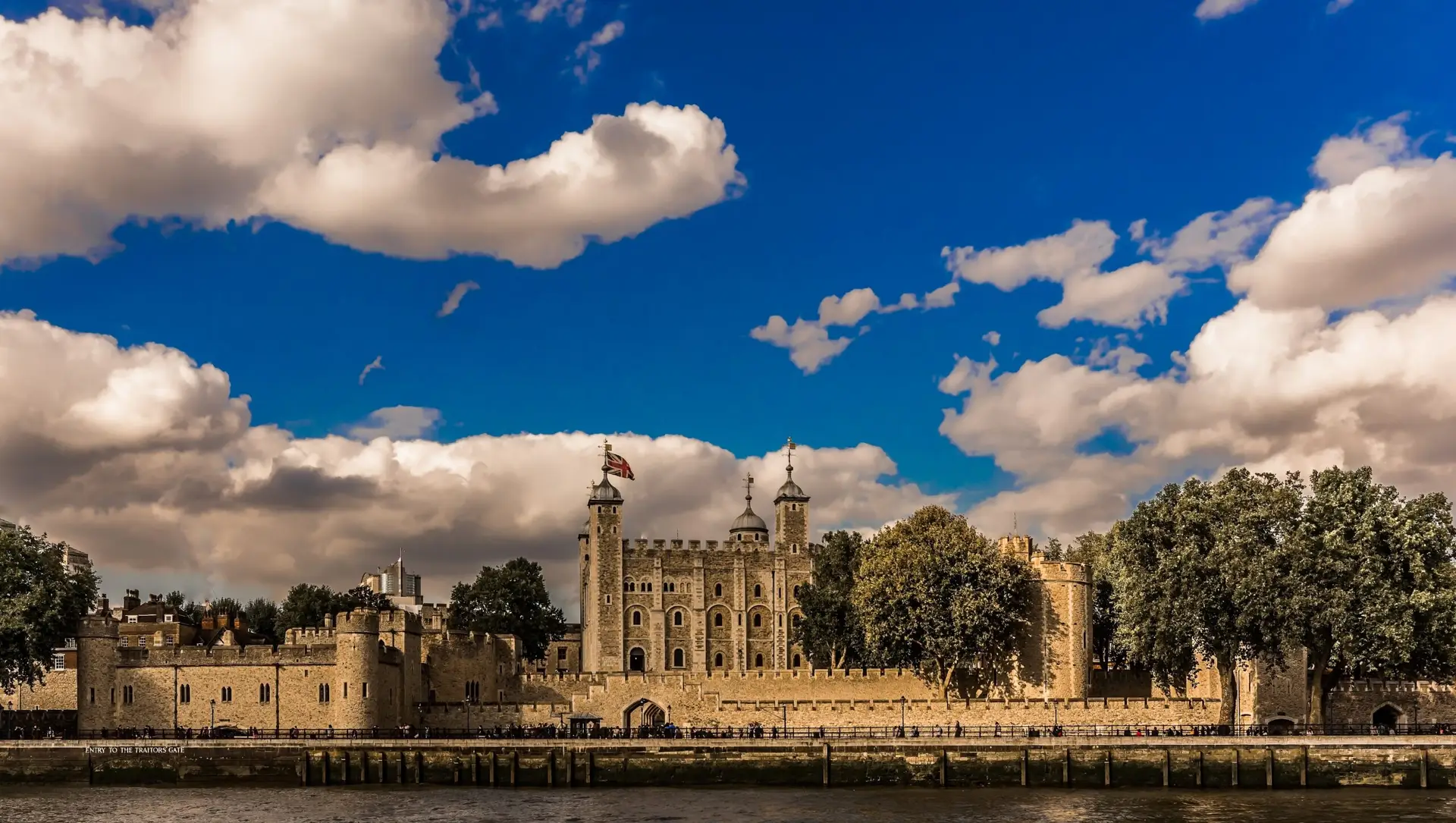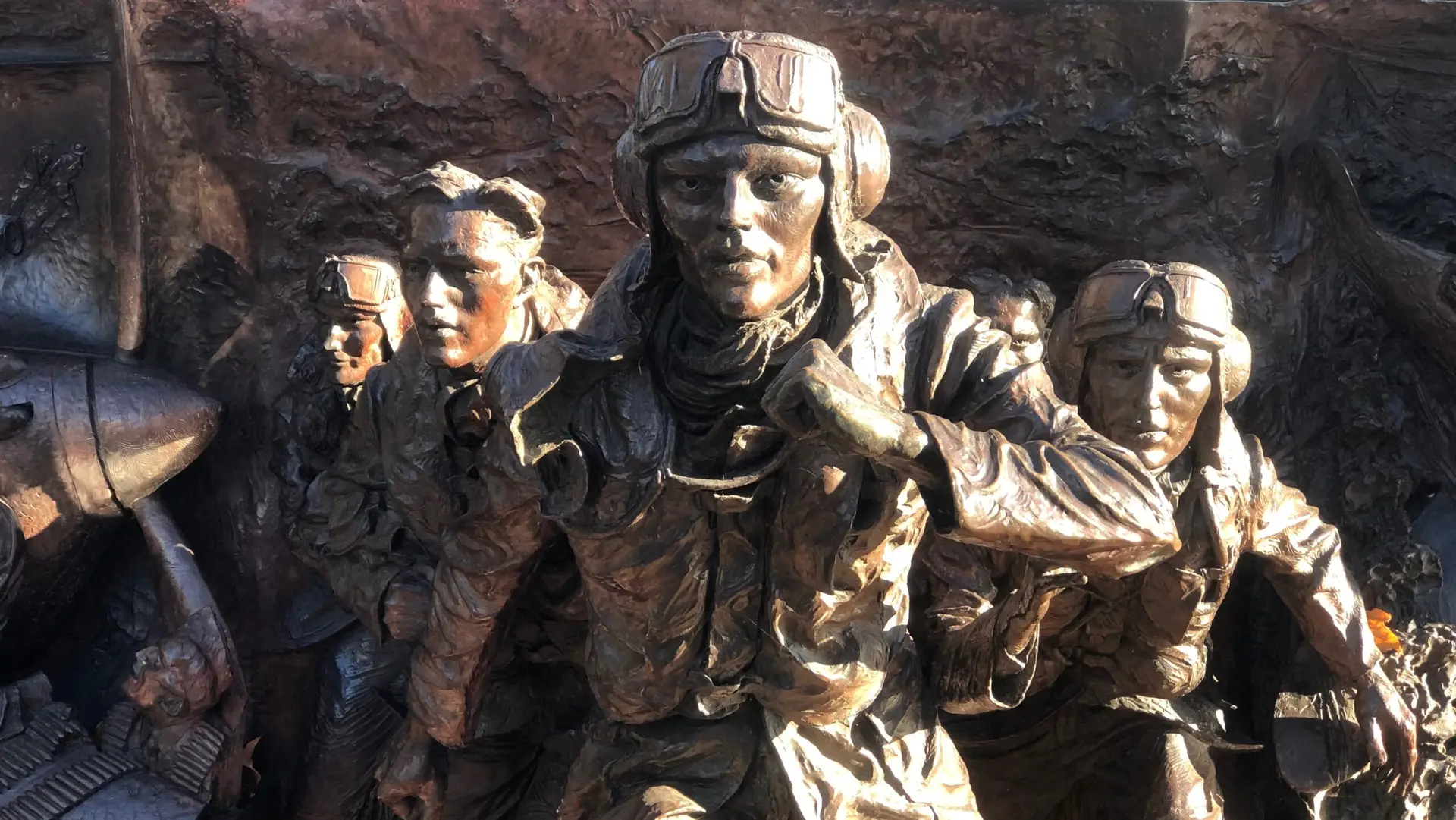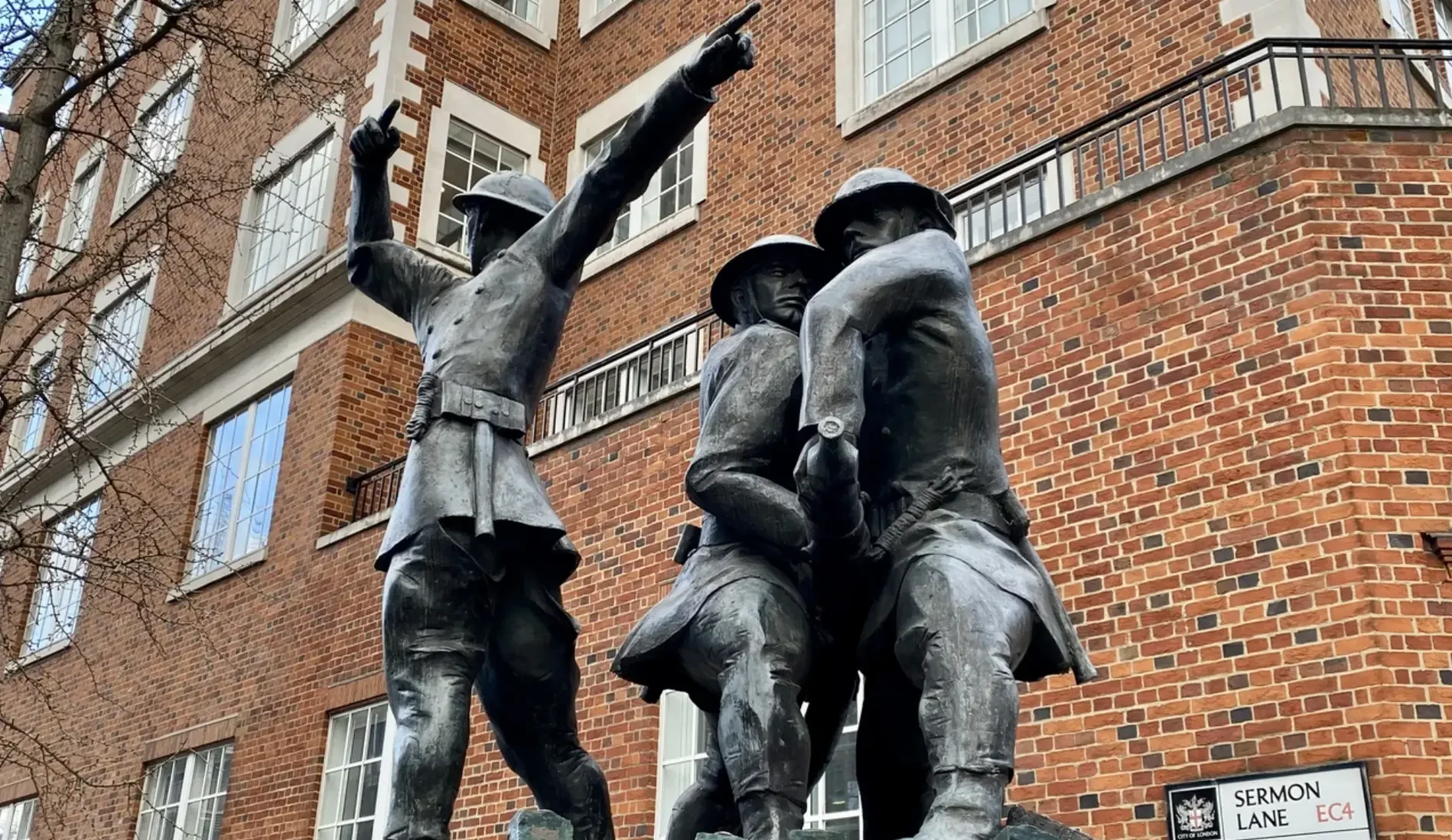London Tours - a sneak peek into Buckingham Palace
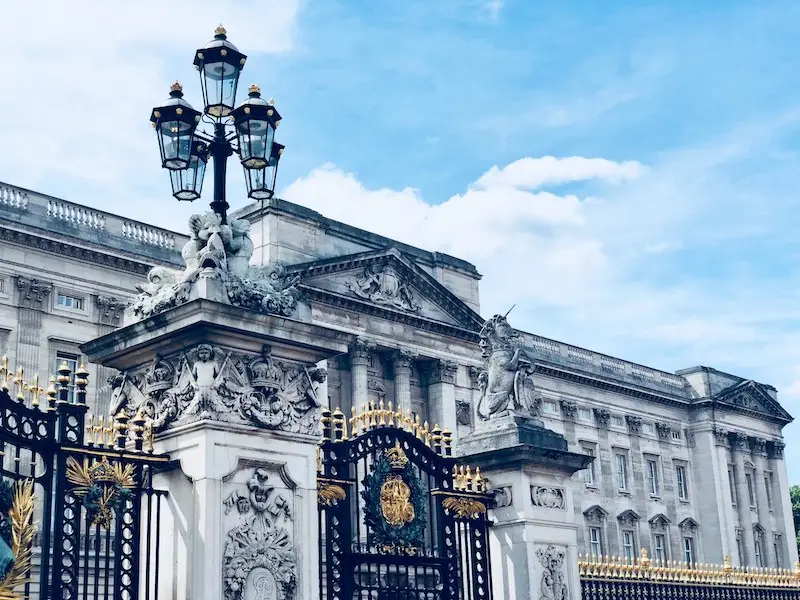
Nestled in the heart of Westminster, London, Buckingham Palace stands tall as the official residence and administrative headquarters of the British royal family – as one of the symbols of London Tours dedicated to the royal tradition. While the British monarchy boasts a history spanning thousands of years, Buckingham Palace, in comparison, is a relatively recent addition to the royal residences. However, its history and significance are undeniably intriguing.
Beyond its status as a beloved tourist attraction, the palace and its adjacent properties serve as venues for official ceremonies and the conduct of political affairs in the United Kingdom. From hosting royal weddings to enduring bombings during World War II, Buckingham Palace has witnessed some of England’s most significant moments. Yet, amidst its grandeur, the palace’s rooms and gardens still hold secrets known to few.
Today, the building spans over 77,000 square meters, featuring 775 rooms, including 52 royal and guest bedrooms, 188 staff bedrooms, 92 offices, and 78 bathrooms, according to the Royal website. From the ATM in the basement that exclusively dispenses money for the British royal family to the exquisite 15-hectare garden, Buckingham is undoubtedly a place worth exploring.
A glimpse into Buckingham Palace’s History
Buckingham Palace’s origins trace back to 1703 when it was built for the Duke of Buckingham, John Sheffield. However, its transformation into the primary residence of the British monarchy began much later. Prior to Buckingham Palace, the official residence of the English monarch for over 300 years, from 1531 to 1837, was St. James’s Palace, located just 400 meters away.
The land on which Buckingham Palace stands today, situated in London’s Westminster district, was originally marshland along the River Tyburn. Acquired by King James I, it was intended to serve as a garden for the royal family. John Sheffield, later the Duke of Buckingham, purchased the property with its existing house in 1698 and subsequently commissioned the construction of the current palace.
Initially known as Buckingham House, the residence was completed in 1705. King George III purchased the house from Sheffield in 1761 to use as a residence for his wife, Queen Charlotte, and their children. Significant renovations took place under King George IV, expanding the structure into a large U-shaped form with additional wings to the north and south.
Queen Victoria became the first reigning monarch to call Buckingham Palace her official residence in 1837, a status it retains to this day.
The Balcony of Buckingham Palace
As one of the most important buildings in the history of the royal family, Buckingham Palace regularly hosts functions and ceremonies. In 1851, Queen Victoria made her first public appearance on the balcony, greeting the crowds during the inauguration of the Great Exhibition, a showcase of international manufacturing. Since then, appearing on the Buckingham Palace balcony has become a tradition for royal events.
In 2002, Queen Elizabeth greeted the crowds to celebrate her Golden Jubilee. The balcony has also been the backdrop for some of the most famous photos of royal weddings, including those of Prince William with the Duchess of Cambridge and the late Lady Diana with Prince Charles, now King Charles III.
The Changing of the Guard
Another Buckingham Palace tradition is the royal ceremony of the Changing of the Guard. Also known as “Guard Mounting,” the ceremony takes place at 11:00 am on alternate days and daily during the summer, accompanied by music. The guards, known for their distinctive bearskin hats and red tunics, have been protecting the Sovereign and the Royal Palaces since 1660.
Accompanied by a full military band playing everything from traditional marches to show tunes and pop songs, the ceremony is both a colourful military tradition and an important reminder of the close relationship between the Armed Forces and their Head: for many years Queen Elizabeth and now King Charles III.
The Household Division troops have been guarding the sovereign and royal palace since 1660. When Queen Victoria moved to Buckingham Palace in 1837, the Queen’s Guard remained at St James’s Palace, with a detachment guarding Buckingham Palace, as it still does today. The Changing of the Guard ceremony marks the moment when the soldiers currently on duty, the Old Guard, switch places with the New Guard.
The guard duties are usually provided by a battalion of the Household Division, but sometimes by other infantry battalions or units. For example, during the queen’s coronation in 1953, soldiers from Canada, Australia, South Africa, New Zealand, Ceylon, and Pakistan all participated in the Changing of the Guard, and today we regularly see regiments from across the Commonwealth as well as the Royal Air Force and Royal Navy performing the Changing of the Guard.
The Royal Garden of Buckingham Palace
The royal garden of Buckingham Palace spans 170,000 square meters in the City of Westminster and features characteristic flowers such as the Rose Garden, which boasts 25 different varieties, including one created in honour of William called Royal William, a tennis court, and a lake. Also known as the Memorial Gardens, the Buckingham beds are arranged in a semicircular design and include exotic plants like scarlet geraniums, spider plants, and weeping figs, along with a mulberry tree dating back to the time of King James I of England (1567).
The Interiors of the Palace
In addition to the magnificent garden, Buckingham Park also houses a royal museum with exhibits focusing on different eras of the monarchy. The Queen’s Gallery features works by Vermeer, Rubens, Canaletto, Duccio, and Dürer, as well as a portion of the jewels that are part of the queen’s collection. It boasts 7,000 paintings, 500,000 prints, and 30,000 watercolours and drawings.
Enthusiasts can also visit 19 rooms inside Buckingham Palace, open for 10 weeks each summer. The sumptuously decorated state rooms include historic locations such as the Throne Room, the Picture Room, the Ballroom, the White Drawing Room, and the Grand Staircase, all furnished with cherished treasures from the Royal Collection.
The Mall, the road in front of Buckingham Palace, is lined with trees on both sides and is decorated with Union flags during state visits. Often crowded by the public during royal events, the Mall is reserved for major national ceremonies.
Curiosities about the King’s London Residence
Around Buckingham Palace, many stories and anecdotes are woven, some real, others decidedly fanciful.
The Mysterious Tunnel
There are rumours of a tunnel connecting Buckingham Palace to various other parts of London. It is plausible that there is indeed an underground link to Whitehall and Parliament, but it has never been conclusively proven. Other unproven rumours suggest there is a tunnel between the palace and Clarence House running right under the palace.
London’s Oldest Helicopter Landing Pad
Buckingham Palace’s garden is considered London’s oldest helicopter landing platform. In fact, for many years, an area of the garden was used by the royal family as a helipad. Nearly 50 years later, in 2000, it was decided to preserve the area, so an official helipad was built in the gardens, near the Queen’s Gallery.
The Ravages of War
Buckingham Palace was not immune to the bombings of World War II. It was hit nine times, some while King George VI and Queen Elizabeth I were present at the palace. The Palace Chapel was destroyed by a direct hit in 1940. On this occasion, Queen Elizabeth is reported to have ironically remarked, “I’m glad we’ve been bombed. Now I can look the East End in the face.”
Is the King at Home?
Subjects are always informed of the king’s presence in London. How? When the Royal Standard flag elegantly flies above the palace, it means the queen is currently “at home.” When the Union Jack is raised, it means the queen is elsewhere.
A Small Village
Around 800 people work at Buckingham Palace. Each of them can avail themselves of the Court Post Office within the Palace, operated by Royal Mail. Additionally, the palace also has its own ATM, confirmed by the queen’s bank manager, which dispenses money exclusively reserved for the royal family. There is also a swimming pool, a police station, a cinema, a clinic, and many other services. This is why Buckingham presents itself more like a city than a palace!
London Tours to Buckingham Palace
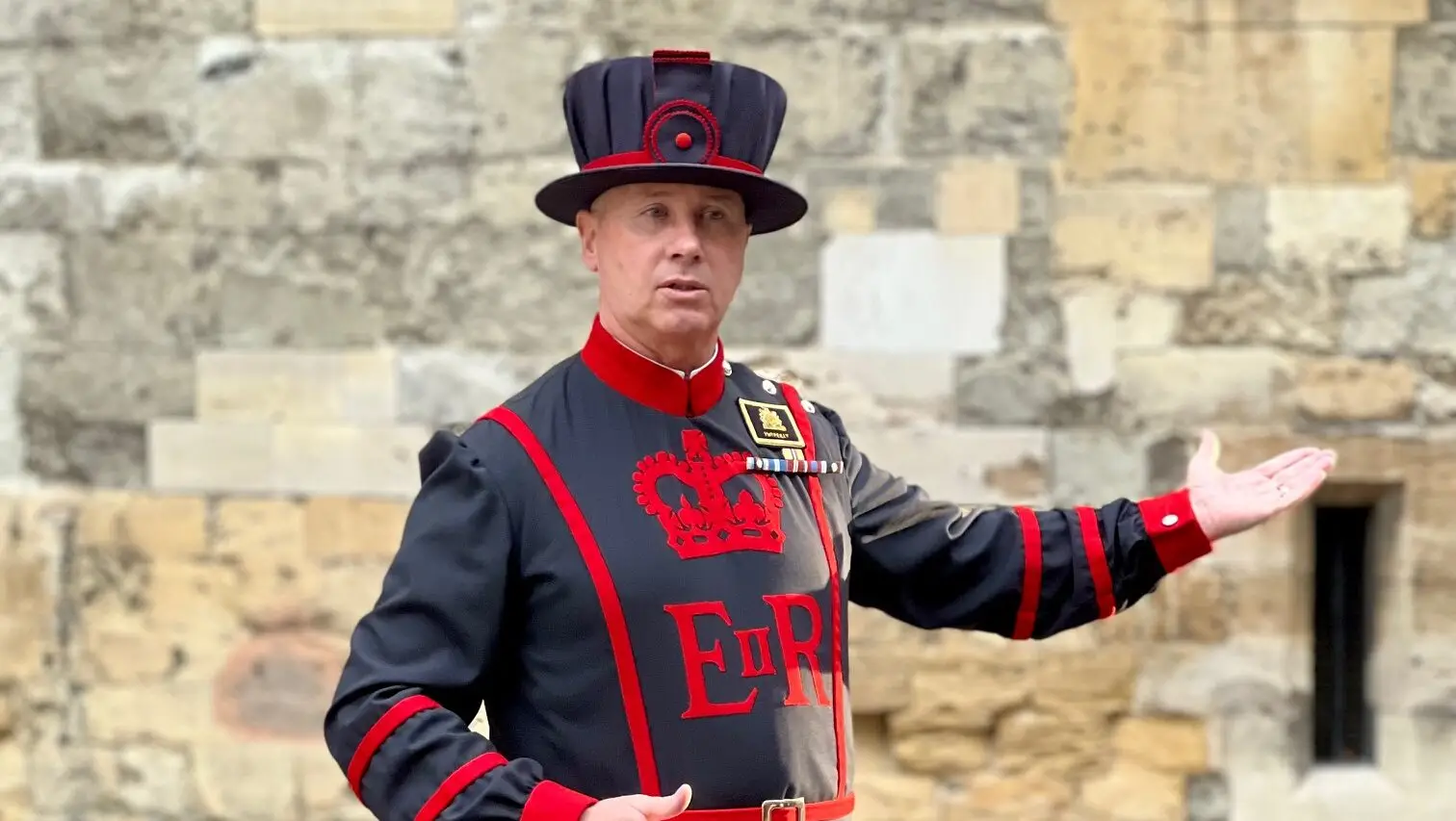
Best Seller
Be the first in line to explore the crown jewels and witness the opening ceremony at the Tower of London. Take part in an adventure that will see you travel from the old City regal city of Westminster.
Book With Extra Flexibility
Choose new departure dates if your plans change.
Reach out to us anytime via online chat, phone or email.
Get credit for future trips if you need more time to decide.
Change to a different tour run by the same tour operator.

